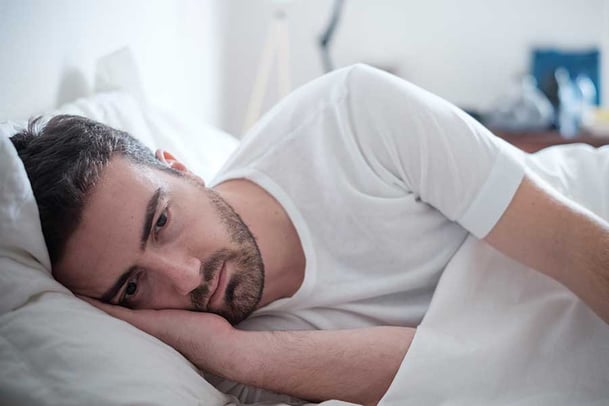
When you’re feeling sad, people might say that you’re depressed. However, is this a correct assessment? Medical experts believe that depression is so much more. What is depression, and how does it affect addiction treatment?
What Is Depression?
Clinicians diagnose depression as a mood disorder that affects you for two weeks or longer. However, depression comes in various forms. Dysthymia is a long-term version of this mood disorder that may have affected you for two years or longer. Symptoms change in severity throughout this time.
Postpartum depression typically affects women who just had a baby. Don’t mistake this for the “baby blues,” which is a mild form of the condition and usually clears up. Postpartum depression can have debilitating effects on women and result in extremes of sadness, anxiety, and exhaustion.
Those dealing with depression during the darker winter months may experience seasonal affective disorder. Experts believe that the condition has to do with the change in natural light.
Psychotic depression is yet another form of the mental illness. It involves delusions and hallucinations.
Still others have chronic depression, which ebbs and flows but is almost always a constant in their lives. A loss of purpose often accompanies this condition.
What Does Depression Look Like?
If you suspect that your loved one isn't quite his or herself, pay attention to the following signs:
- Lack of motivation
- Social withdrawal
- Diminishing work performance
- Lack of interest in activities he or she once enjoyed
Additionally, many individuals who suffer from depression don't seek the appropriate help. Instead, they self-medicate to treat the problem. Unfortunately, this unhealthy coping mechanism can lead to a bigger problem: addiction.
How Depression and Addiction Connect
As noted by the National Institute on Drug Abuse, depression and drug addiction may have connections.
For starters, they change the structure and functioning of the brain in similar areas.
In particular, dopamine-involved areas have a high level of susceptibility to both depression and addiction. Experts agree that it’s often impossible to determine whether addiction or depression came first. However, many of them suggest that addiction might be the result of self-medication.
Because many rehab program participants suffer from a dual diagnosis – addiction plus depression – but don’t know it, this rings true.
For the best chance at lasting recovery, therapists must treat these conditions concurrently rather than focusing exclusively on one or the other. Failure to assist clients with regaining emotional stability and freedom from drug dependence won’t break the cycle.
What Is Depression Treatment Like at The Clearing?
At The Clearing, we integrate Spiritual Psychology into all of our substance abuse programs. During our 28-day residential rehab program in Washington State, you’ll receive:
- Therapist-led sessions and deep dives into identifying underlying core issues that cause depression depression. This often involves some form of childhood trauma.
- Working those issues with love to resolve them for good
- 120 hours of one-on-one counseling that provides you with in-depth opportunities to get the help you need
- Group therapy that limits numbers of participants to about ten, which gives everyone an opportunity to benefit
- Whole-person, Non 12 Step rehab approach that incorporates healthy living, counseling, and spiritual care
- Relapse prevention planning that includes self counseling strategies
What is An Underlying Core Issue?
Clearing co-founder Betsy Koelzer describes our focus on the core issues that may be the foundations of our depression and other emotional conditions.
So, what is depression? While it can be a troubling condition, it's also one that The Clearing can help you overcome.


